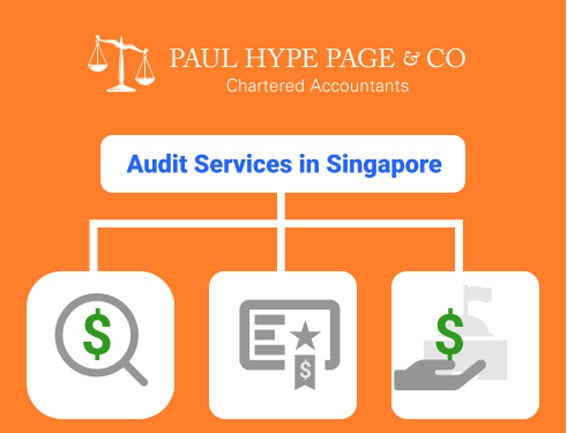Every business in Singapore looks a key question just about every year: Are many of us ready for the audit? These reviews are more than just paperwork; that they play a big function in keeping your organization on the appropriate side of the law, building have faith in, and understanding your current true financial well being. In Singapore’s fast-changing regulations, staying forward means knowing what’s required and getting prepared. Missing deadlines or not gathering the proper documents could lead to penalties or even legitimate trouble, so preparing really counts.
Comprehending the Legal Framework for Annual Audits in Singapore

What Does the Rules Require?
Singapore’s Businesses Act sets tight rules for yearly audits. Most companies, especially those using bigger annual revenue or assets, need to have their financial transactions verified by an auditor. These audits check that anything can add up and comes after the rules. If your business is the private limited organization with turnover more than SGD 10 million or assets exceeding beyond SGD 10 zillion, you are very likely required to undertake a audit. Also some non-profit companies and industry-specific firms also face these kinds of rules.
Who Requires an Audit in addition to Who may be Exempt?
Not really all businesses need to get audited each year. Small organizations that meet particular size criteria—such as revenue, assets, and even quantity of employees—can usually skip the review. By way of example, a startup with minimal revenue and few personnel could be exempt. Even so, businesses in fund, insurance, or general public trading must obtain audited no matter their size. It’s always a good idea to verify whether your company drops under the exempt or mandatory type.
Consequences of Non-Compliance
Skipping your taxation isn’t just neglecting a formality. It can lead to fees and penalties in the authorities, like fines or still jail time for directors. Your company’s license might obtain revoked, or your financial statements may be flagged as invalid. For occasion, some firms experienced hefty fines plus reputational damage right after failing to abide in time. Non-compliance can also freeze banking activities or hold off funding, harming your business's growth plans.
Preparing Your organization intended for the Annual Review
Organizing Financial Information
Good record-keeping may be the foundation of a new smooth audit. Make sure all bills, receipts, bank statements, and ledger items are accurate and. Use digital gear if possible to be able to keep everything prepared. Keep your papers in labelled folders, and cross-check portions to avoid amazed.
Internal Controls in addition to Processes
Strong inside controls help capture mistakes early. Examples include segregation associated with duties so very little single person controls everything, regular reconciliations, and clear acceptance processes. These steps not just ease the audit but also protect you by fraud or mistakes that could cost huge money.
Engaging along with Auditors
Selecting the most appropriate auditor is key. affordable audit services for licensed firms with good local encounter. Once selected, communicate your expectations early. Share your data in advance and even clarify any worries. Being transparent and even cooperative will make the process smoother and faster.
